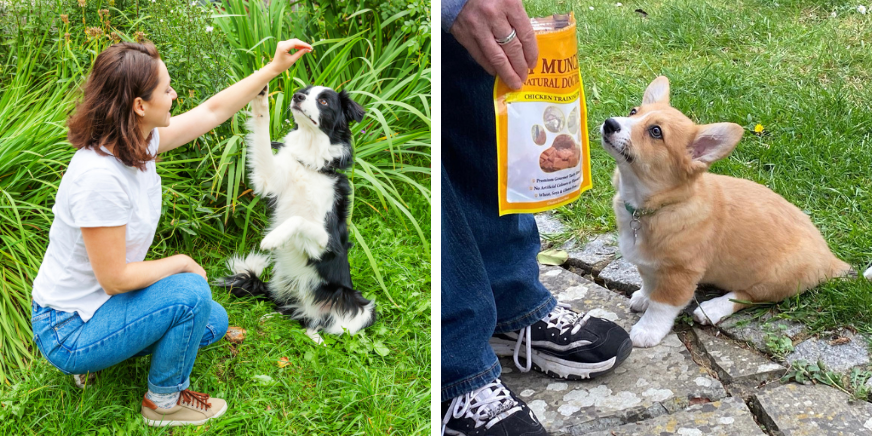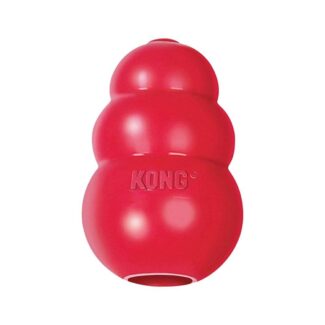
Training a small dog can be a challenging task, but the right tools can make all the difference. One of the most effective tools for training is small dog treats. Not all treats are created equal, and it’s important to choose treats that are healthy and appropriate for your pup’s size. In this guide, we’ll discuss the benefits of using small dog treats for training and recommend some great options, including Coachies Puppy Training Treats, Coachies Adult Training Treats, and Pet Munchies Training Treats.

Most dog trainers use small, soft, and smelly treats for training. These treats are usually high in protein and low in fat to prevent overfeeding. Many trainers prefer using treats that can be broken into small pieces for quick rewards.
Good treats for small dogs include small pieces of cooked chicken, cheese, or freeze-dried liver. Other options include commercial treats specifically designed for training, such as Coachies Puppy Training Treats and Coachies Adult Training Treats. Pet Munchies Training Treats are also a great option for small dogs.
The best way to train a small dog is through positive reinforcement training. This involves rewarding your pup for good behaviour and ignoring bad behaviour. Use small, tasty treats to reward your dog for following commands and repeat the training frequently. Consistency is key, so make sure everyone in your household is using the same commands and techniques. You can also use interactive toys to reward your pets with treats such as the ones below!

Small dogs have small stomachs, so it’s important not to overfeed them. As a general rule, treats should make up no more than 10% of your dog’s daily calorie intake. For small dogs, this usually means no more than 2-3 treats per day.
Pig ears are a popular treat for dogs, but they can be high in fat and calories. They can also be a choking hazard and may contain harmful bacteria. If you choose to give your dog pig’s ears, make sure they are cooked thoroughly and monitor your dog while they are chewing.
Dogs can eat cheese, but it should be given in moderation. Cheese is high in fat and can cause digestive upset if given in large amounts. It’s also important to choose low-fat cheese options and avoid giving cheese to dogs with lactose intolerance.
Small dogs should get treats in moderation, usually no more than 2-3 treats per day. Treats should make up no more than 10% of their daily calorie intake.
Carrots are a healthy and low-calorie treat for dogs. They are high in fibre, vitamins, and minerals and can help clean your dog’s teeth. However, it’s important to cut them into small pieces and monitor your dog while they are chewing to prevent choking.
Training small dogs can be slightly different than training larger dogs because of their size and temperament. Small dogs may have a shorter attention span, so training sessions should be kept short and frequent. It’s also important to use positive reinforcement and avoid punishment-based training methods. Using small, tasty treats like Coachies Puppy Training Treats, Coachies Adult Training Treats, and Pet Munchies Training Treats can help keep your pup motivated and engaged during training!